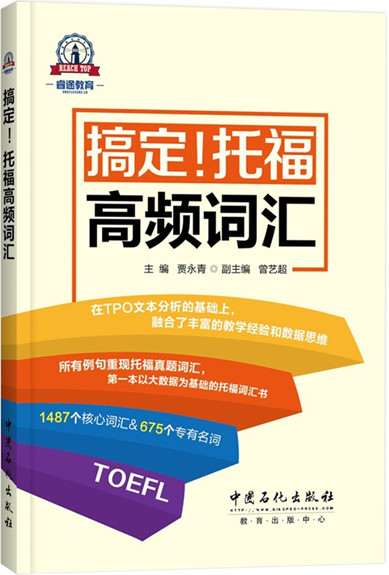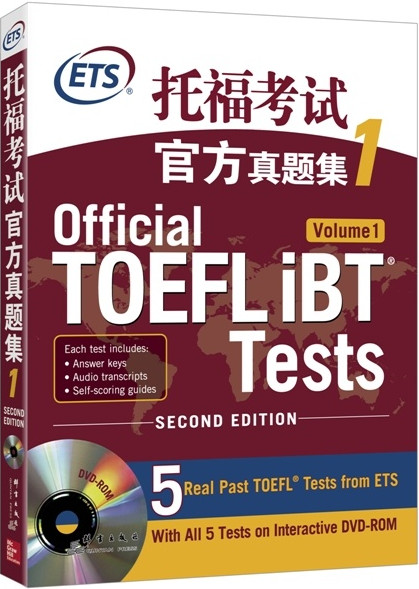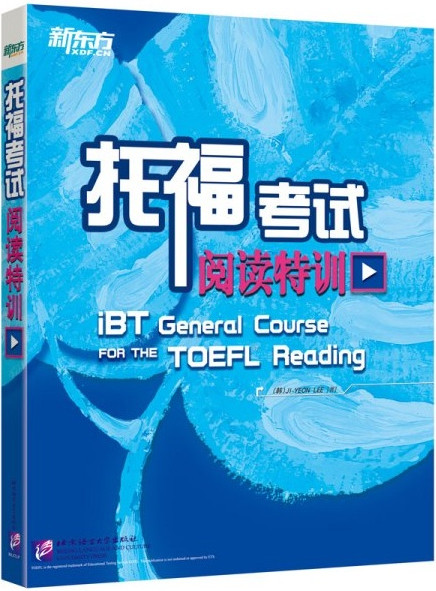PASSAGE 14
Television has transformed politics in the United States by changing the way in which information is disseminated, by altering political campaigns, and by changing citizen's patterns of response to politics. By giving citizens independent access to the candidates, television diminished the role of the political party in the selection of the major party candidates. By centering politics on the person of the candidate, television accelerated the citizen's focus on character rather than issues.
Television has altered the forms of political communication as well. The messages on which most of us rely are briefer than they once were. The stump speech, a political speech given by traveling politicians and lasting 11/2 to 2 hours, which characterized nineteenth-century political discourse, has given way to the 30-second advertisement and the 10 second "sound bite" in broadcast news. Increasingly the audience for speeches is not that standing in front of the politician but rather the viewing audience who will hear and see a snippet of the speech on the news.
In these abbreviated forms, much of what constituted the traditional political discourse of earlier ages has been lost. In 15 or 30 seconds, a speaker cannot establish the historical context that shaped the issue in question, cannot detail the probable causes of the problem, and cannot examine alternative proposals to argue that one is preferable to others. In snippets, politicians assert but do not argue.
Because television is an intimate medium, speaking through it require a changed political style that was more conversational, personal, and visual than that of the old-style stump speech. Reliance on television means that increasingly our political world contains memorable pictures rather than memorable words. Schools teach us to analyze words and print. However, in a word in which politics is increasingly visual, informed citizenship requires a new set of skills.
Recognizing the power of television's pictures, politicians craft televisual, staged events, called pseudo-event, designed to attract media coverage. Much of the political activity we see on television news has been crafted by politicians, their speechwriters, and their public relations advisers for televised consumption. Sound bites in news and answers to questions in debates increasingly sound like advertisements.
1. What is the main point of the passage ?
(A) Citizens in the United States are now more informed about political issues because of television coverage.
(B) Citizens in the United States prefer to see politicians on television instead of in person.
(C) Politics in the United States has become substantially more controversial since the introduction of television.
(D) Politics in the United States has been significantly changed by television.
2. The word "disseminated" in line 2 is closest in meaning to
(A) analyzed
(B) discussed
(C) spread
(D) stored
3. It can be inferred that before the introduction of television, political parties
(A) had more influence over the selection of political candidates
(B) spent more money to promote their political candidates
(C) attracted more members
(D) received more money
4. The word "accelerated" in line 5 is closest in meaning to
(A) allowed
(B) increased
(C) required
(D) started
- 10-22·2017年托福阅读素材:月球村
- 10-20·2017年托福阅读素材:虚拟现实法治疗抑郁症
- 10-20·2017年托福阅读素材:慢艺术
- 09-16·托福阅读小常识:罗马帝国
- 09-16·托福阅读小常识:考古中的相对年代测定
- 10-202017年托福阅读素材:慢艺术
- 09-16托福阅读小常识:考古中的相对年代测定
- 09-16托福阅读小常识:同位素年龄测定
- 09-062017托福阅读词汇解析(下)
- 09-062017托福阅读词汇解析(上)
编辑推荐
- 模拟试题
- 历年真题





